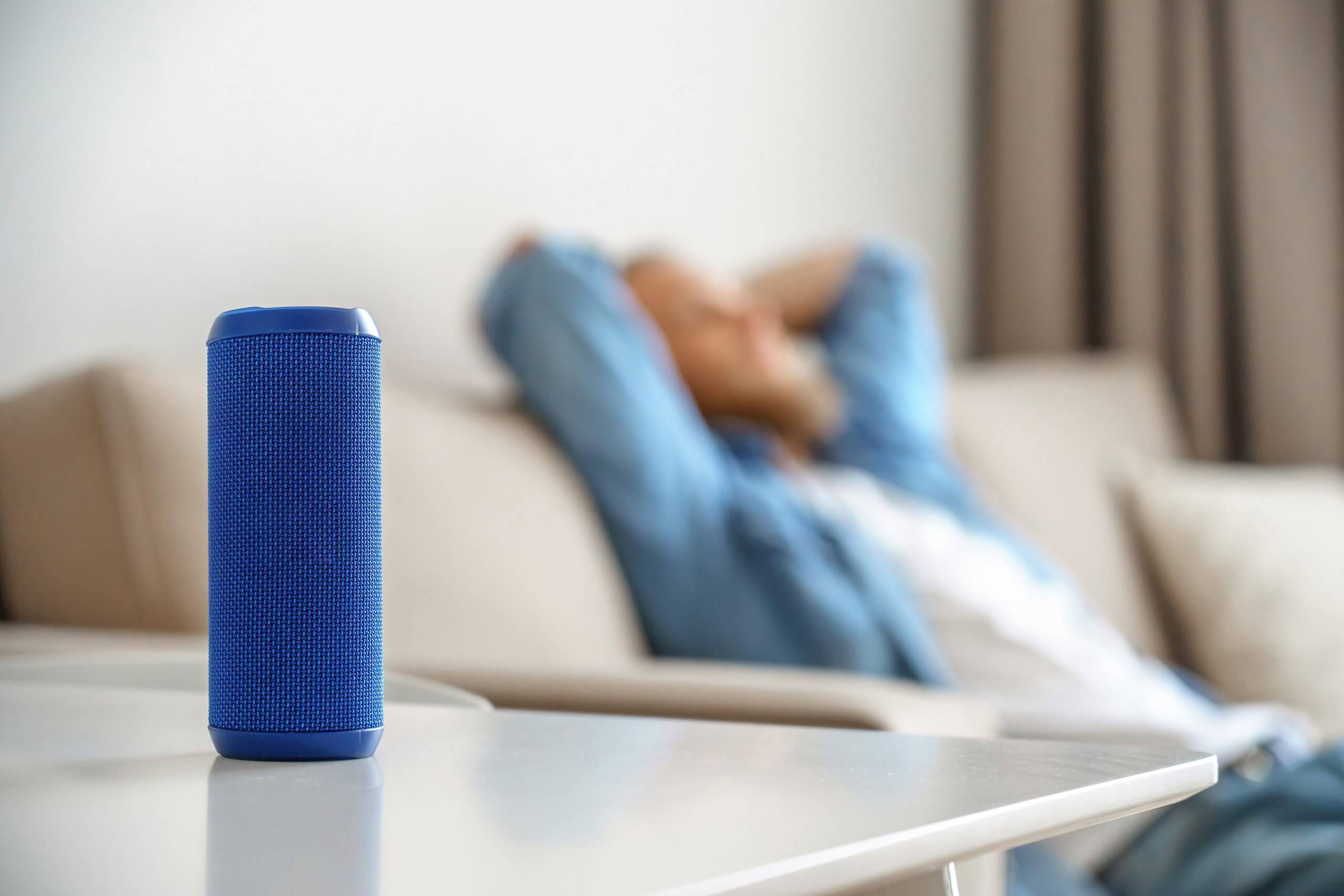What Are Smart Pills, AKA Digital Pills?
Smart pills, also known as digital pills, are gaining popularity in the medical field. We are facing a big issue that involves patients not taking their medication as they are prescribed, and this is known as medication non-adherence. While there have been other forms of technology invented that aim to help people take their medication, the technologies do not track whether or not the patient has actually swallowed their pills. Since there is no way for doctors and medical professionals to confirm a patient has swallowed the pill, their forms of medication adherence are not completely reliable.
Due to this issue, the invention of the smart pill, or digital pill, has been developed. The first digital pill was approved by the FDA in 2017 and includes a digital ingestion tracking system within the pill itself. The pill was developed by Otsuka Pharmaceutical Co, and the pill is called Abilify MyCite. The pill itself can detect if a person has taken the medication or not. The pill is equipped with a sensor that is made from silicone, copper, and magnesium. The sensor can send a special electrical signal to a device that can connect to the pill. From there, a signal is sent to the external receiver when the pill successfully mixed with the person’s stomach fluids.
At this time, the patient needs to wear this external receiver on a patch where they place on their rib cage. The patch sends the information it collects to a phone app through Bluetooth. On the app, data such as when the pill was taken, date, and time are collected and saved in the app. This valuable information can be shared with medical professionals, loved ones, and caregivers to ensure the patient is taking the pills and following instructions correctly.
A digital pill is embedded with a sensor that is able to effectively track drug compliance. Essentially, the pill is able to send important information from a person’s bloodstream or their digestive tract to let a medical professional know how the medication is working, if the medication is working, and if the patient even took the pills in the first place.
Will Digital Pills Actually Increase Medication Adherence?
One of the biggest questions that surrounds digital pill is if they will actually help patients with medication adherence issues. At this time, it is too early to tell how well these smart pills will increase medication adherence. It is likely going to take quite a few years to gather enough information and data to actually see a substantial impact on better medication adherence.
There is still a chance that people who are prescribed the smart pills will wear the accompanying patch on the skin that allows the smart pill to communication and send information and data to their smart phone. Patients may either forget to attach the patch to the skin and some people may even refuse to wear the patch in the first place. At this time, the patch also needs to be replaced every seven days, which may be an issue for some people as well – forgetting to change the patch could be quite common.
What Does the Future Look Like?
While there is a lot of uncertainty for the future of smart pills, there is a lot of potential for both medical professionals and patients alike. The ability to collect important information and help patients improve their medication adherence will only help the improve and better their overall health as well. This type of smart medication and smart pills have the ability to revolutionize the way people take their medications and the ways medical professionals are able to help their patients get better.





